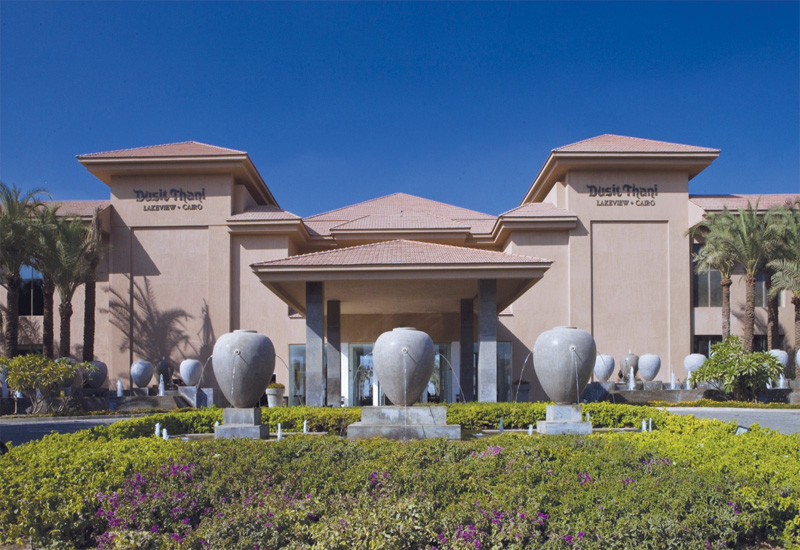 Dusit Thani LakeView Cairo: occupancy at this new hotel dropped from 90% to 10% during the protests.
Dusit Thani LakeView Cairo: occupancy at this new hotel dropped from 90% to 10% during the protests.
Although timelines are uncertain, the industry is optimistic about recovery in Egypt — so hotels must rethink sales and marketing tactics before returns are damaged beyond repair.
At the time of writing, it had been just two weeks since former Egyptian president Hosni Mubarak was deposed on February 11 after an 18-day uprising that brought the world’s attention to Cairo’s now infamous Tahrir Square.
During the protests that lead to Mubarak’s overthrow - which also resulted in the deaths of 360 people (Reuters) - Egypt’s tourism and hospitality industry ground to an abrupt halt.

| Advertisement |
Governments around the world evacuated a total of one million citizens and imposed travel bans, causing hotel occupancies to plummet from peak season highs of 90% to lows of five or 10%.
Leading European tour operator TUI reported that the unrest in Egypt would amount to US $48.6 million in losses.
Dusit Thani Lake View Cairo managing director Jiri Kobos commented: “After the initial evacuations our occupancy dropped from 90% to 10%, which apart from the hotels in the city centre that had to close altogether, was the general level in almost all properties during this time”.
But for an industry that forms the backbone of Egypt’s economy — 12.5 million people holidayed in the Arab country in 2009, bringing revenues of $10.8 billion — standing still was not an option for long.
Despite protestors’ fears of a counter revolution ahead of parliamentary elections scheduled for six months’ time, hoteliers are focused on how to drive occupancies back up to their former levels.
This has sparked fears of a price war in the country, with leading sales and marketing experts in the region warning against discounting at all costs.
“The classic Egyptian strategy is cut the rates by half to make sure you are returning the volume back,” said Yigit Sezgin, global director of sales and marketing for The Rezidor Hotel Group. “But what we experience from a revenue perspective is there is not much room to cut the rates anymore in Egypt, so that’s very much a challenge for us.”
“Please, please don’t discount,” urged Kempinski regional director of sales Middle East Avsar Koc. “If somebody is not going to travel to Egypt they are just not going to travel to Egypt regardless of the price — you can give them the room for free but that’s not going to change their mind.
“Low rates don’t necessarily generate demand. If you lower the rates, which especially in a destination like Egypt has been done before as Yigit mentioned, once you lower it, it takes a decade or more to get back to where you were,” added Koc.
In Cairo, Kobos said that he had seen demand for reduced rates, but that Dusit “did not support a discounting strategy at all”.
“Our European and Asian market tour operators are starting to make enquiries, but the initial feedback is for an expectation of discounted rates,” said Kobos.
“First and foremost, we don’t need a travel trade seeking discounts as this is not the way to rebuild our tourism industry, but we are also committed to value adds to entice tourists back to Egypt.
“These may require some value-added offers in the short term, which is of course very disappointing when we had such a strong winter season and strong performances in November, December — and January was a great start to 2011.”
On a more positive note, Kobos added: “We are receiving ad hoc forward bookings and enquiries for March and April, including weddings and smaller domestic meetings, with forecasted occupancy growing to approximately 25% at the moment”.








 Search our database of more than 2,700 industry companies
Search our database of more than 2,700 industry companies









